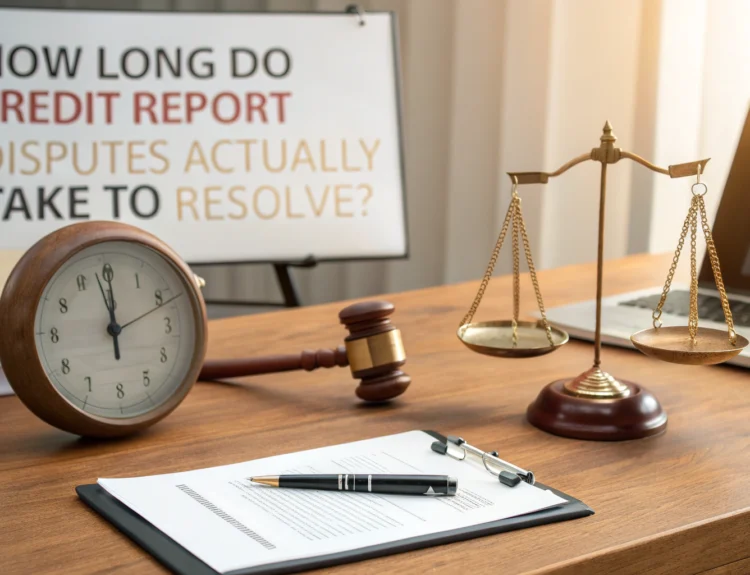The death of a loved one is an incredibly painful and trying time. In these difficult moments, it can feel impossible to think about the practical requirements that must be taken care of as part of the deceased’s estate. Lawyers are essential in this process, offering invaluable support and guidance throughout the many legal obligations associated with death – from probate to taxes to wills in Dubai. In this blog post, we’ll take a look at how lawyers can help when someone close dies so that you have clarity on what tasks need to be attended to and when.
Contents
Understand the Probate Process
When a loved one passes away, it can be a difficult and uncertain time. Understanding the probate process can help alleviate some of the confusion and stress that comes with managing their assets and estate. The probate process involves validating the deceased’s will, identifying and valuing assets, paying any outstanding debts, and distributing inheritance to beneficiaries.
Although it may seem complex, having a basic understanding of how the probate process works can prepare you for what to expect and help ensure that your loved one’s wishes are carried out properly. For example, a wrongful death lawyer in Little Rock, AR can help explain applicable state laws and how they may affect estate distribution, as well as provide guidance in filing the necessary documents correctly. On the other hand, a probate lawyer in Chicago, IL can help you understand the process of taking an estate through the courts if there is any dispute.
Explain What Inheritance Rights Your Loved One Has
As we traverse through life, we often accrue possessions, assets, and properties that we hold dear. In the case of a loved one passing, the question of inheritance rights may arise. Depending on the location, the laws that govern inheritance can differ, but generally, inheritance laws dictate how a deceased person’s assets will be distributed among their family or beneficiaries.Typically, spouses, children, and parents are granted priority in claiming an inheritance.
However, depending on several factors, such as a will or a trust, an individual’s inheritance rights can vary. It’s vital to understand the inheritance laws in your area and the extent of your loved one’s assets to help navigate inheritance-related issues. Keep in mind that if there are any disputes regarding inheritance rights, it’s important to consult with a lawyer as soon as possible. A qualified attorney can provide guidance and represent your interests throughout the dispute process, helping protect your inheritance rights.
Negotiate With Creditors and Debt Collectors
The process of dealing with creditors and debt collectors after the passing of a loved one is a difficult task that can be emotionally and mentally taxing. Negotiating with these companies can be quite intimidating, especially if you are unfamiliar with the process or unsure of your legal rights. However, it’s important to remember that creditors and debt collectors are obligated to follow specific guidelines and regulations when attempting to collect the debt from a deceased person’s estate.
With the right approach and proper documentation, negotiating with these entities can be a manageable process that allows you to protect the financial interests of your loved one and your family. By enlisting the help of professionals experienced in dealing with these situations, you can gain peace of mind and ensure that you’re making informed decisions every step of the way.
Create Trusts or Other Estate Planning Strategies to Protect Assets
Creating a trust is one of the most effective ways to protect the assets of your deceased loved one and ensure that their wishes are fulfilled. A trust is an arrangement whereby a trustee, such as a lawyer or financial advisor, holds legal title to property for another person’s benefit. A lawyer can work with you to create a trust based on your loved one’s wishes, which can help protect assets from creditors or other financial liabilities in the event of death.
Other estate planning strategies, such as drafting wills and power of attorney documents, can also be used to manage the deceased’s finances and assets. A qualified lawyer can advise you on what options may best suit your situation and ensure that the estate is properly managed according to your loved ones’ wishes.
File Necessary Legal Documents
Legal matters can often be overwhelming and confusing, but filing necessary legal documents is crucial when it comes to settling accounts and finalizing the distribution of property. It’s important to ensure that all legal requirements are fulfilled to avoid any future disputes or complications. The process may seem daunting, but with the help of a professional such as a lawyer or legal advisor, navigating the legal system can become more manageable. By taking the necessary steps and seeking the appropriate guidance, you can ensure a smooth and fair distribution of assets and a satisfactory resolution of legal matters.
Represent Family Members in Disputes
Family disputes over wills and estates can be incredibly difficult to navigate. While there are legal processes in place to help guide families through these disputes, often the emotions involved can make it challenging to come to a solution that everyone can agree on.
It’s important to remember that these disputes are not just about the distribution of assets, but also about the memories and values associated with them. When representing family members in these disputes, it’s crucial to approach the situation with empathy and understanding. By working towards a resolution that respects everyone’s feelings, you can help ensure that the memories of your loved ones are preserved and that their legacy is honored.
The death of a loved one can be a difficult situation, and it is important to take the right steps to settle the estate. The probate process can be intimidating if someone is unfamiliar with how it works, and having an experienced lawyer guide them through will make sure that everything is handled properly.
Not only can they navigate the intricacies of probate law, but they can also explain inheritance rights, negotiate with creditors on your behalf, create protective trusts for your assets, and represent you in disputes to ensure a favorable outcome.
Ultimately, having legal assistance during this time of sorrow and uncertainty can give you peace of mind knowing that everything has been handled professionally and correctly.




